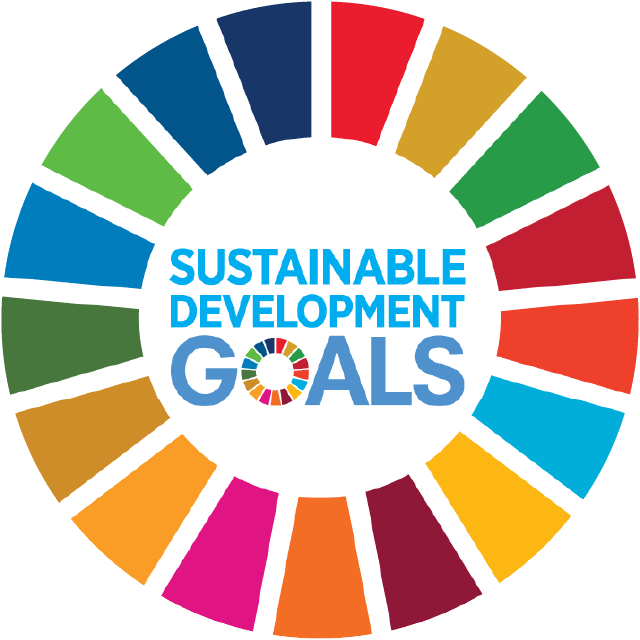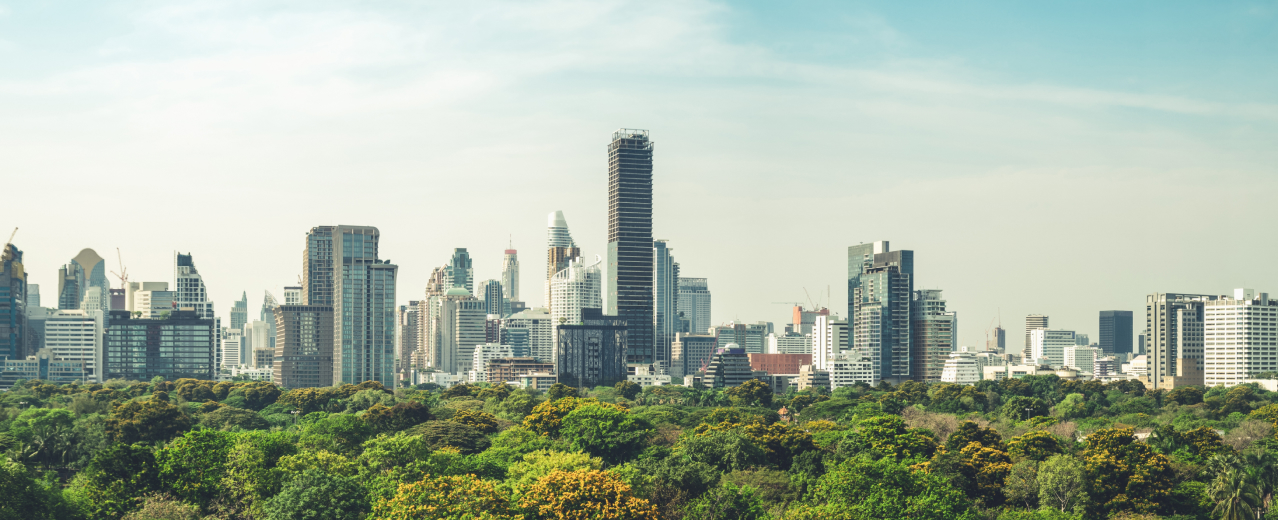Practices
A “practice” is a series of activities and actions carried out by businesses using a combination of financial, technical, human and material resources that contributes to sustainability and disaster resilience.
This inventory of practices was created by synthesizing interviews and mapping sessions carried out by researchers with small and medium business in different cities and sectors around the world. The inventory gives examples of practices and sequences followed by businesses in the adoption, implementation and design of their own sustainability efforts.
These practices can support researchers, practitioners and policy makers as they work with businesses to advance sustainability and resilience building efforts in local communities.

The 2030 Agenda for Sustainable Development, adopted by all United Nations Member States in 2015, provides a framework for the global community to mobilize governments, non-governmental organizations, the private sector, and local stakeholders in pursuing its goals for peace and prosperity for people and the planet. The goals provide a shared roadmap for creating sustainable and resilient societies. TRANSFORM sought to connect business practices and their outcomes to the different SDGs.


Sustainability Practices
Sustainable Investments and Development of Portfolio Companies
Local Embeddedness and Collaboration with Other Craft Beverage Producers
Local, Low-Waste and Low-Carbon Production
Diverse & Inclusive Workplace with Focus on Mental Wellbeing
Low Carbon Business Model with Objective to Enact Positive Change in Industry
Local, Low-Waste and Low-Carbon Production
Employee Wellbeing
Reduce Waste
Source Local and Sustainable Food
Reduce Energy Use in Manufacturing
Reduce Water Use & Waste Generation
Divert & Reuse Construction Waste
Sustainable Investments and Development of Portfolio Companies
Local Embeddedness and Collaboration with Other Craft Beverage Producers
Local, Low-Waste and Low-Carbon Production
Diverse & Inclusive Workplace with Focus on Mental Wellbeing
Low Carbon Business Model with Objective to Enact Positive Change in Industry
Local, Low-Waste and Low-Carbon Production
Employee Wellbeing
Reduce Waste
Source Local and Sustainable Food
Reduce Energy Use in Manufacturing
Reduce Water Use & Waste Generation
Divert & Reuse Construction Waste
Questions?
Contact Us
